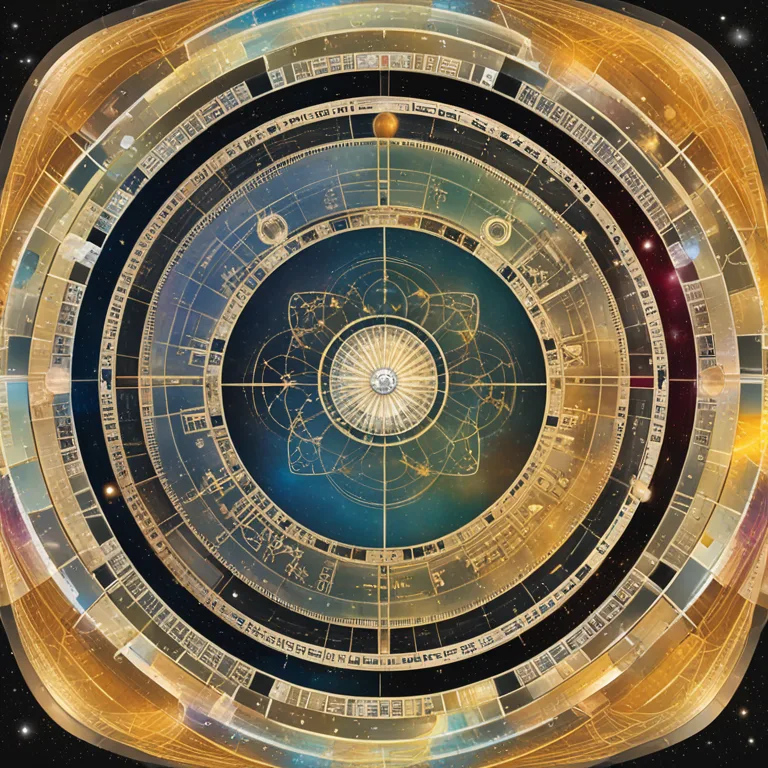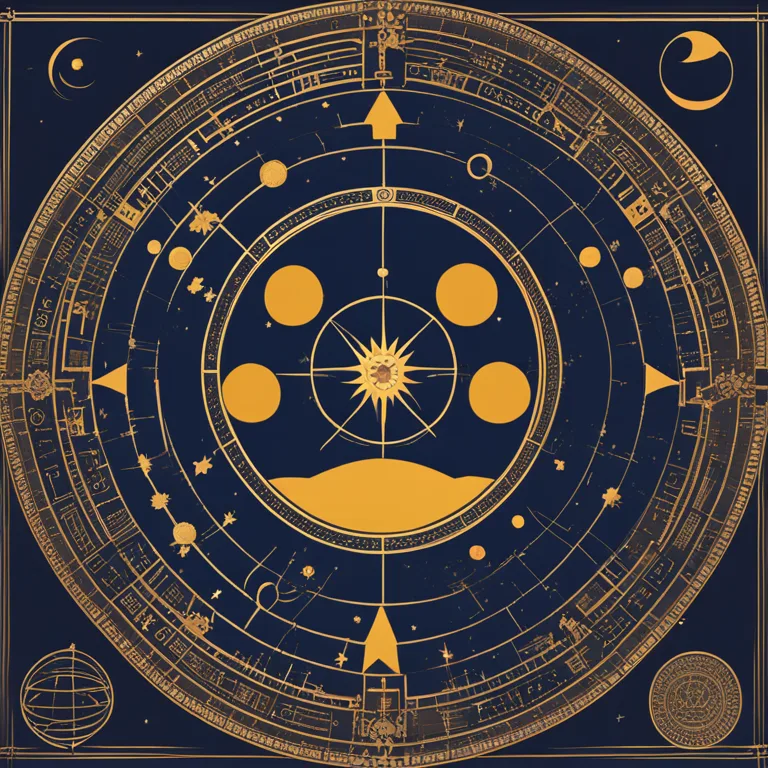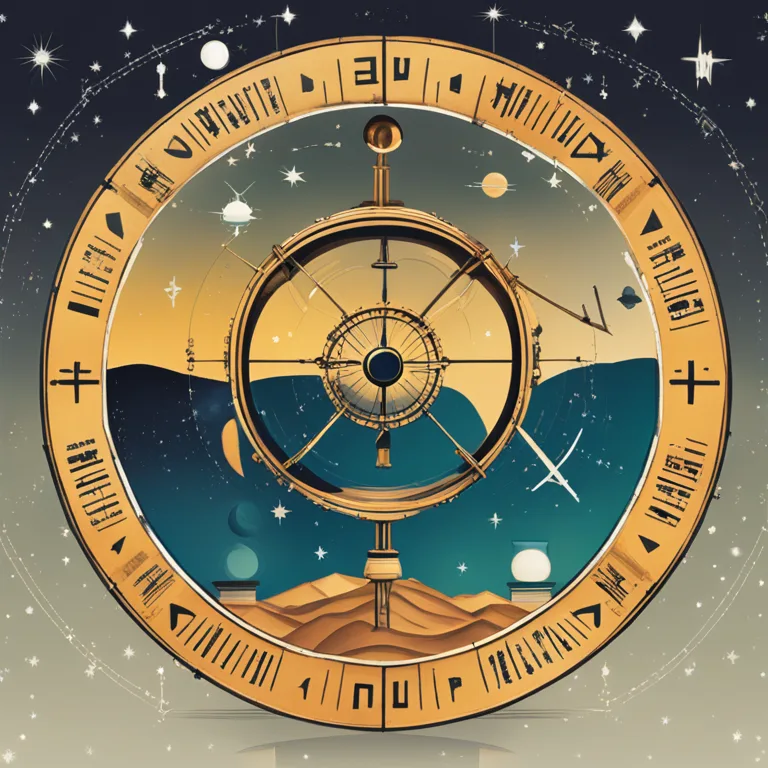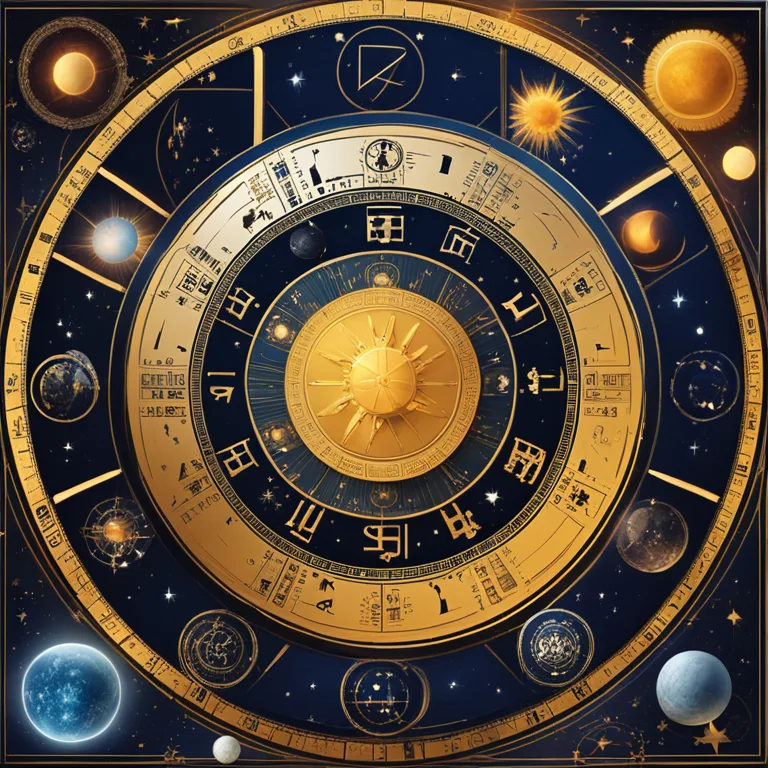
Astrology and Science: A Complex Relationship
Examine the intricate connection between astrology and science, their history, claims, and the ongoing debate around their coexistence.
article by Priya Deshmukh
Astrology's Origin and Claim
Astrology boasts an ancient legacy, tracing back to the Babylonians, who ascribed cosmic significance to heavenly events. The fundamental premise of astrology posits that celestial bodies influence human affairs and natural phenomena. Despite the lack of scientific validation, astrology persists, claiming a personalized impact based on the alignment of stars and planets at one's birth—a viewpoint appealing to many seeking a semblance of order in life's unpredictability.

Scientific Scrutiny and Criticism
Science operates on empirical evidence and testable theories; hence, astrology's vague predictions struggle under this lens. Astronomers and psychologists have criticized astrology for its lack of consistency and scientific rigor. The Forer effect describes how individuals believe vague, general statements about personality—commonly found in horoscopes—to be highly accurate for them personally, pointing to a psychological bias rather than astrological accuracy.

Astrology's Popularity and Cultural Presence
Despite criticism, astrology thrives in cultural contexts, blending with psychology to offer self-reflection and entertainment. Enthusiasts claim it provides profound insights and guidance amidst life's uncertainties. The advent of astrology apps and online platforms has revitalized interest, especially among millennials and Z generations, looking for alternative spirituality and personality frameworks.

The Boundary of Belief
Astrology resides in the enigmatic space between science and belief systems. While not substantiated by scientific methodology, its persistence suggests a deeper human yearning for narrative and meaning. Astrologers in 2024 and beyond continue to impart wisdom, encouraging individuals to ponder the possible astral influence on their temperament and destiny—a testament to astrology's resilience across ages.

Transcending Predictions: Astrology in Modern Times
While traditional horoscopes cast generalized predictions, modern astrology emphasizes personal growth and awareness. Upcoming transits of Jupiter and Saturn in the 2020s, according to astrologers, signal a period of expansion, responsibility, and maturation on a personal and global scale, pushing individuals to embrace long-term planning and ethical action.
Embracing a Composite Worldview
Astrology and science need not be mutually exclusive; instead, they can coexist in a composite worldview. While science advances technology and our understanding of the universe, astrology, irrespective of its veracity, offers comfort and a personalized narrative journey, filling a human emotional and spiritual void that pure empiricism sometimes leaves unaddressed.
Published: 12/29/2023
Modified: 12/29/2023
More predictions
Come back here soon to learn more about yourself and your future


The Essence Of Your Birth Chart Wheel
Delve into the layers of your personality by understanding the key components of your birth chart wheel, an astrological tool for self-discovery.


Your Birth Chart: Cosmic Blueprint Explored
Delve into the insights of your astrological birth chart and discover the cosmic influences that shape your personality, path, and potential.


Birth Chart Without Time: Overview
Discover insights into analyzing a birth chart when the exact time of birth is unknown, providing alternative astrology approaches for clarity.